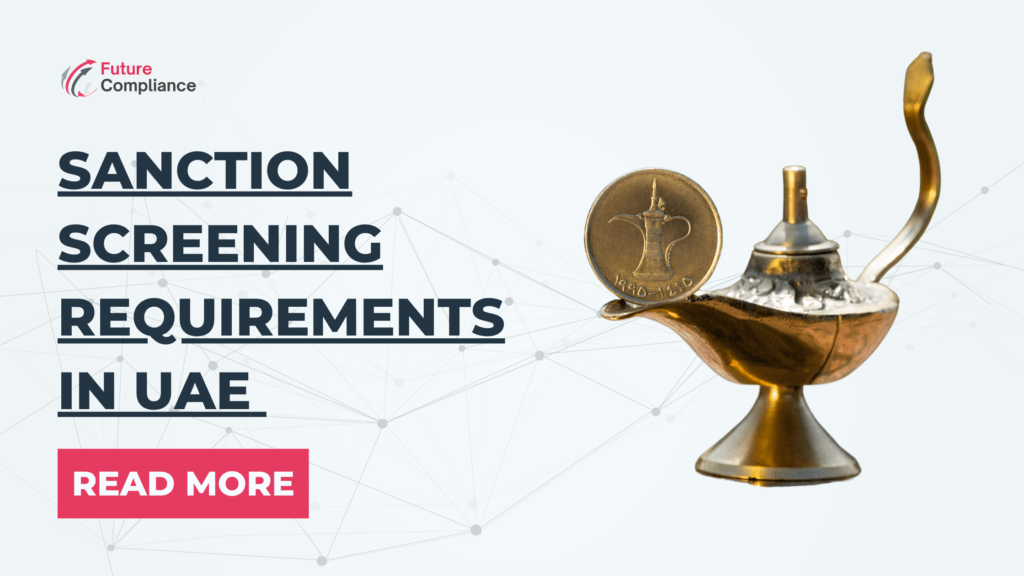Ramadan, the holiest month in Islam, is a time of spiritual reflection, self-discipline, and increased devotion. It is also a period that brings significant financial awareness and blessings. Muslims worldwide observe fasting, engage in charitable acts, and develop habits that enhance both their spiritual and financial well-being. In this blog post, we will explore the profound spiritual and financial benefits of Ramadan and how they contribute to a balanced life.
Spiritual Blessings of Ramadan
1. Strengthening Connection with Allah
Ramadan offers an opportunity for Muslims to deepen their faith through increased prayers (Salah), Quran recitation, and supplications. The act of fasting (Sawm) teaches patience and self-control, helping believers attain Taqwa (God-consciousness), a state highly emphasized in the Quran.
2. Developing Self-Discipline and Gratitude
Fasting from dawn to dusk cultivates self-restraint, encouraging individuals to avoid sinful behavior and focus on self-improvement. The experience of hunger and thirst instills empathy for the less fortunate, fostering gratitude for the blessings we often take for granted.
3. The Power of Dua and Forgiveness
Ramadan is a month of mercy where prayers are more likely to be accepted. Seeking forgiveness, making dua (supplication), and engaging in acts of kindness cleanse the heart and strengthen faith. Laylatul Qadr, the Night of Decree, is an especially powerful night for prayer and reflection.
4. Enhancing Family and Community Bonds
Ramadan promotes unity and social connection. Families gather for Suhoor and Iftar, strengthening relationships through shared meals and prayers. Communities come together for Taraweeh prayers and charity initiatives, fostering a sense of belonging and brotherhood.
Financial Blessings of Ramadan
1. Increased Charity and Generosity
One of the fundamental aspects of Ramadan is giving to those in need. Muslims are encouraged to pay Zakat (mandatory almsgiving) and Sadaqah (voluntary charity). Giving back purifies wealth and fosters a habit of generosity, ensuring that wealth is distributed among society’s less fortunate.
2. Budgeting and Financial Discipline
Fasting naturally reduces daily spending on food and entertainment, allowing individuals to reassess their financial habits. Many people use Ramadan to focus on essential expenses, cut unnecessary costs, and develop mindful spending practices that extend beyond the holy month.
3. Spiritual and Financial Rewards of Zakat
Paying Zakat is not only a religious obligation but also a means of economic balance. It helps circulate wealth within society and supports those in need. The act of giving purifies wealth and brings spiritual fulfillment, creating a cycle of prosperity and blessings.
4. Avoiding Extravagance and Embracing Minimalism
While Ramadan is a time of blessings, it is also a reminder to avoid excess. Many people make the mistake of overspending on lavish Iftar meals and Eid celebrations. However, the true essence of Ramadan lies in simplicity, mindfulness, and using financial resources responsibly.
How to Maximize the Blessings of Ramadan
- Set spiritual and financial goals: Plan your acts of worship and allocate a portion of your earnings for charity.
- Create a Ramadan budget: Track expenses and focus on needs rather than wants.
- Engage in acts of kindness: Helping others, whether through financial support or volunteering, enhances personal growth.
- Reflect on personal growth: Use Ramadan as an opportunity to develop lasting habits of gratitude, discipline, and generosity.
Conclusion
Ramadan is a time of immense spiritual growth and financial reflection. By embracing the lessons of this sacred month, individuals can strengthen their faith, develop financial discipline, and contribute to a more compassionate and balanced society. As we observe Ramadan, let us strive to maximize its blessings in both our spiritual and financial lives.




